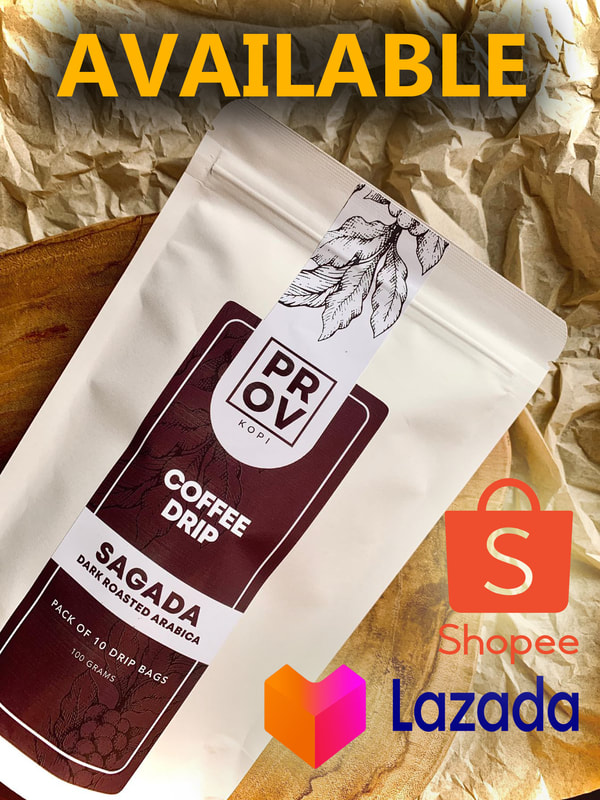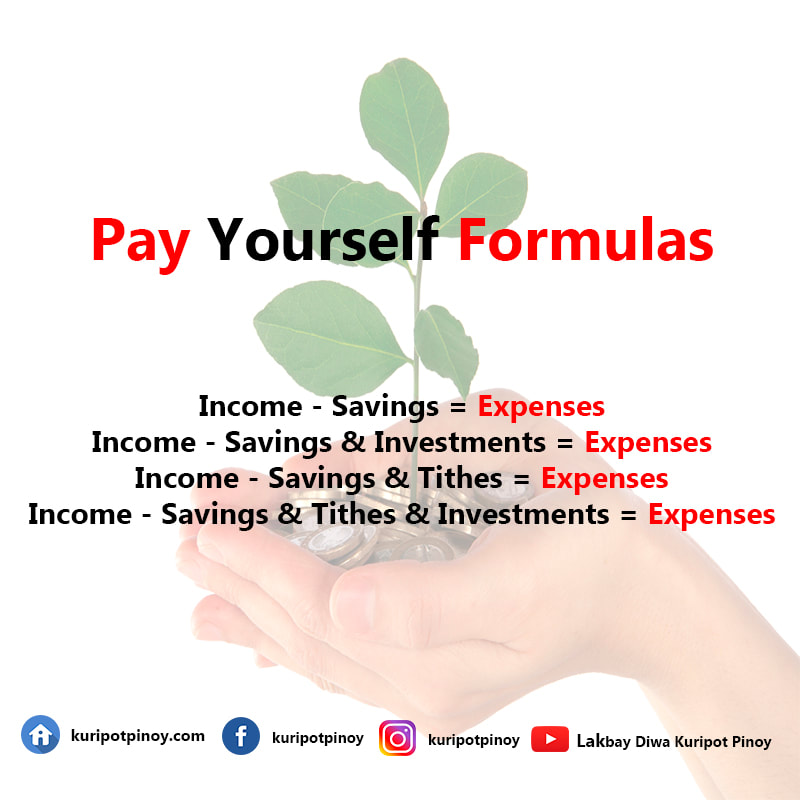Personal Development, Business, Finance, and Investing for Everyone
An investment in knowledge always pays the best interest.
|
The Retail Onshore Dollar Bonds (RDBs) form part of the National Government’s program to make government securities available to retail investors, especially individuals. What are Retail Onshore Dollar Bonds?
RDBs are US Dollar-denominated medium-to long-term debt securities issued by the Republic of the Philippines (“ROP” or “the Republic”) through the Bureau of the Treasury (“BTr”). These Bonds will be settled onshore and listed on a domestic trading system through PDEX. The RDBs are part of the government’s savings mobilization program designed to make government securities available to retail investors; hence, the name Retail Onshore Dollar Bonds or RDBs. RDBs are fixed-income securities that pay a fixed interest rate per annum over a specified period with a promise to return the principal at the end of the term. What are the key features of the RDBs?
Why invest in RDBs? What are the benefits of RDBs to investors?
Who can purchase RDBs? Eligible investors are individuals, Foreign Currency Depositary Units (FCDUs), Corporates, Tax Exempt Institutions, Trusts, and GOCCs and LGUs. Can a foreigner invest in RDBs? Only foreign residents, possessing one of the following Philippine issued valid IDs, can invest in RDBs:
Foreigners may inquire with the Selling Agent bank with custody function for proper guidance. Note: United States persons, however, may be subject to additional Foreign Account Tax Compliance Act (“FATCA”) requirements by their Selling Agent Bank. Where can an investor purchase RDBs? Throughout the offer period, individuals, corporations, financial institutions, and other institutional investors can purchase RDBs through the following channels:
What are the risks involved in investing in RDBs? Investing in RDBs is considered safe and low-risk because they are a direct obligation of the Philippine government and thus backed by the entire financial capacity of the Republic. As investment security, RDBs have inherent risks like market or price risk, foreign exchange risk, default risk, and sovereign risk, however, these risks are minimized due to the financial backing of the Republic. Thus, it is highly recommended that the investor should understand all the risks involved before investing in RDBs. What is an investor’s proof of ownership? The Selling Agents will sell the RDBs to individuals and other investors on a non-recourse basis, documented through Confirmation of Sale (“COS”) to be made available by the Selling Agent within thirty (30) calendar days from the issue date or confirmation advice to be issued by the Selling Agents in favor of the investor. Can an investor sell his/her RDBs after the Issue Date? RDBs are considered marketable securities. These Bonds will be listed on a domestic trading system through PDEX where the RDBs can be traded. The Selling Agents from whom the RDBs were purchased may assist the investor, on a best-efforts basis, in selling the RDBs in the secondary market at prevailing market and forex rates, if applicable. At the time of sale, the RDBs may be sold at a premium (at a gain) or discount (at a loss) to face value, depending on prevailing market rates. Are RDBs tax-free? Yes, but the RDBs carry a Tax Assumption Feature where any final withholding tax on interest payments will be paid for by the Republic. As such, the investors will get the stated interest in full and without deductions. Tax-exempt institutions with a valid BIR-Issued Certificate of Tax Exemption which covers investments in government securities are exempted from the final withholding tax. Before admittance to RDB, such investors must first open a Tax-Exempt National Registry of Scripless Securities (“NROSS”) Account from the BTr through their Selling Agent bank.
2 Comments
Jonah Mae
8/21/2022 08:33:58 pm
Question Sir, if an interest rates go up, do my bond payments increase? Thank you for clarification in advance!
Reply
Hi Jonah Mae! Bond and interest rates have an inverse relationship. When interest rates go up, bond prices go down. Bonds are fixed-income investments, meaning the interest rate they pay to you is set and unchanging. If rates go higher, your bond value will go down but your interest payments will not rise.
Reply
Leave a Reply. |
PLACE YOUR ADS HERE YOUR PAYDAY REMINDER FEATURED PARTNER FEATURED PROMOTIONS FEATURED MENTIONS PLACE YOUR ADS HERE PLACE YOUR ADS HERE For more updates about Personal Development, Financial and Investment Education. Join and Subscribe to my Newsletter. It's FREE! ABOUT THE BLOGGERHi, I'm Ralph Gregore Masalihit! An RFP Graduate (Registered Financial Planner Institute - Philippines). A Personal Finance Advocate. An I.T. by Profession. An Investor. Business Minded. An Introvert. A Photography Enthusiast. A Travel and Personal Finance Blogger (Lakbay Diwa and Kuripot Pinoy). Currently, I'm working my way toward time and financial freedom. PLACE YOUR ADS HERE Follow me on |












